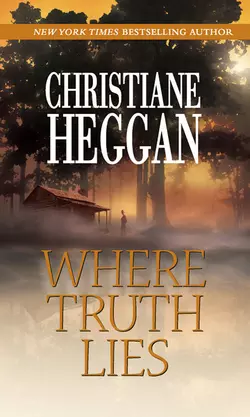Where Truth Lies

Christiane Heggan
Тип: электронная книга
Жанр: Современная зарубежная литература
Язык: на английском языке
Стоимость: 152.29 ₽
Статус: В продаже
Издательство: HarperCollins
Дата публикации: 16.04.2024
Отзывы: Пока нет Добавить отзыв
О книге: Beneath the small-town charm is a big-time secretMuseum curator Grace McKenzie is shocked when she receives word that her ex-fiancé, Steven Hatfield, has been murdered. In his will, Steven has left her his art gallery in New Hope, Pennsylvania.Anticipating that she would turn down the bequest, he asked that she spend a week at the gallery before making her final decision. Motivated by a sense of duty to a man she once loved, Grace agrees to go to New Hope for one week. She isn’t the only person drawn to the small town. FBI agent Matt Baxter has returned to his home town for one reason only – to clear his father of a bogus murder charge.While he and Grace seek answers, they discover that beneath the surface of this charming, peaceful town lies an old secret a few of its citizens would rather keep buried. And when their search takes an unexpected turn, they have only hours to find out where the truth lies – or be buried with it.